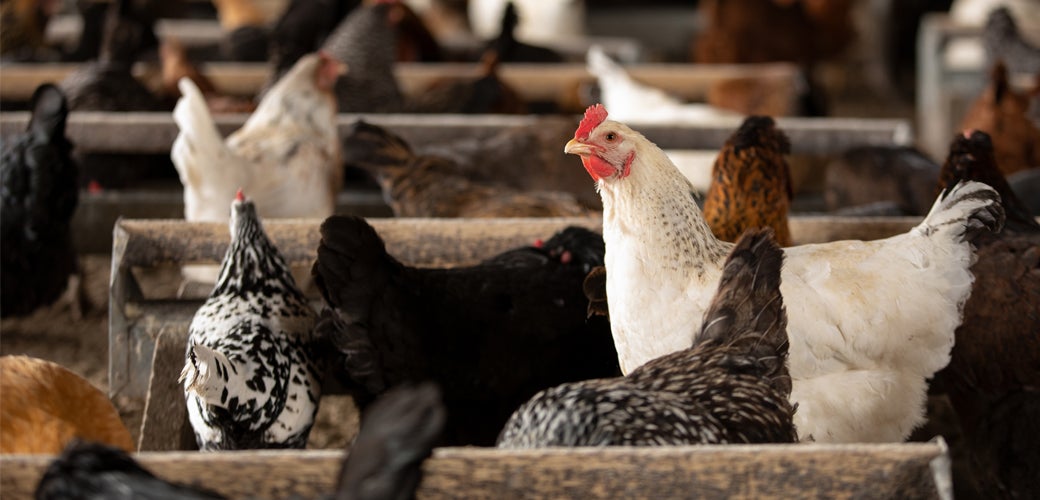
Act Now: Opportunity to Improve Welfare for Animals on Organic Farms

Last week, after years of delay, the U.S. Department of Agriculture (USDA) published a new rule proposing higher animal-welfare standards on the farms it certifies as “Organic.”
The new rule—officially called the Organic Livestock and Poultry Standards (OLPS) rule—would make “USDA Organic” align better with the public’s expectations about how organic animals are raised. The USDA is accepting public comments on this proposal through October 11, 2022. You can help contribute to its success!
The OLPS rule is similar to a 2017 final rule that was withdrawn during the Trump Administration despite garnering support from tens of thousands of Americans and the vast majority of the organic farming community. The new rule offers a second chance at improving the lives of the more than 60 million farm animals raised annually under the USDA Organic Program by ensuring it represents truly higher-welfare farming.
Surveys prove that one of the top reasons people buy meat, dairy or eggs labeled “USDA Organic” is out of concern for animal welfare. Unfortunately, their expectations for what the organic label means don’t match reality. Most consumers purchasing organic animal products assume animals spend the majority of their lives outdoors. However, a loophole in USDA Organic standards has prevented true outdoor access for all animals and allowed farms raising animals in factory farm-like conditions to be certified under the organic program.
Weaknesses in the definition of “outdoor access” have allowed a small number of massive farms to earn UDSA Organic certification though they provide chickens, egg-laying hens and turkeys with access only to small, enclosed concrete areas—a far cry from what consumers expect when they picture “outdoor access.” The OLPS rule would address this by making sure that animals raised under the organic label have true access to the outdoors.
The rule would also set indoor space standards, prohibit certain inhumane physical alterations (like tail-docking cows and de-beaking chickens), require environmental enrichments to encourage animals to carry out their natural behaviors, and strengthen animal-welfare requirements during transport.
The ASPCA strongly supports this rule and urges the USDA to implement it as quickly as possible. Animals, consumers and responsible organic farmers have already waited too long for these much-needed improvements.
During the last organic comment period in 2016, over 70,000 ASPCA supporters participated in the public process supporting this USDA action. Let’s see if we can top that number and finally secure this win for farm animals!
